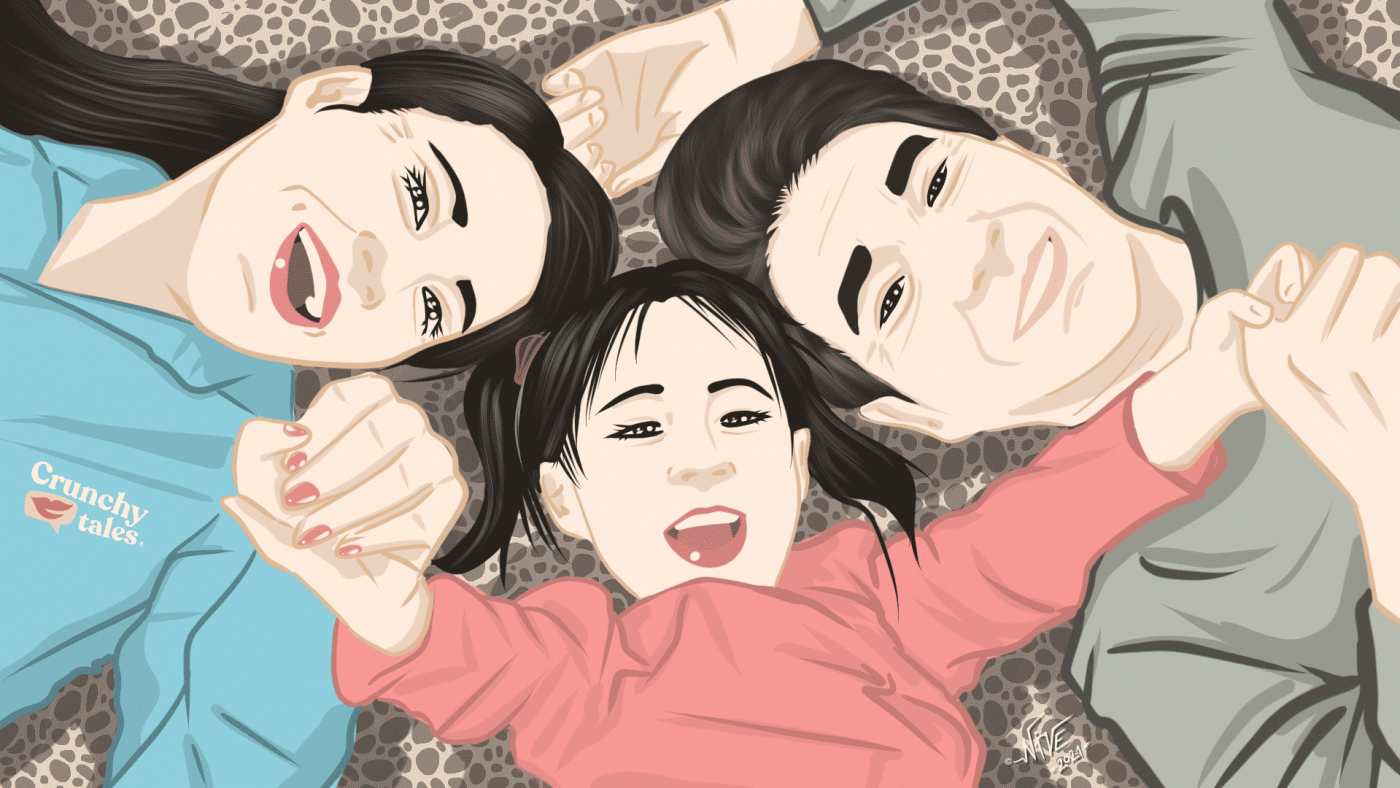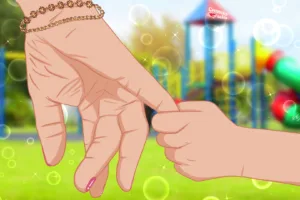5 Effective Ways To Be A Positive Role Model For Your Kids
As the world continues to navigate through COVID, midlife parents are looking for more productive ways to handle everyday life. There’s no road map or master class that gives us instructions or guides us on this leg of our journey because it’s an unprecedented time that requires us to determine the best path for ourselves and our families. However, no matter how difficult life may seem, every day we must recognize that each experience is there for us to teach our children and have them learn and be strengthened by our actions and reactions to what is going on around us.
Every minute, they are learning from us, from the mundane to the more serious, and this stays with them throughout their growing years. As parents, we are ultimately their role models, their teachers -the ones they carefully watch, observe, listen to – in our interactions with them, and others. Our communication is less about what we say and more about our actions, our expression and gesticulation, even our outward energy. In every instance, we must remember the importance of being responsive, not reactive, and to think clearly with a level head and making rational decisions.
I credit the power of presence that allows me to make this realization on the spot, adjust accordingly, and continue setting an example through my actions from my highest self. However, being in the moment, the here and now takes practice. It requires you to be aware of what you’re thinking, how your body is reacting to what’s going on around you, and the ability to manage your emotions. It’s important to be aware that what you do is sometimes more important than what you say.
Shaping your kids’ lives in a positive way
Less than 40% of our communication is verbal, so our actions play a pivotal role in what our children are taking in from us. Modelling in your actions, in addition to your words, boosts credibility and provides a blueprint from which to emulate. When you consciously lead by example through your behaviour, you choose the right response over what’s easiest or feels good in the moment. That’s not to say that you won’t make mistakes! Modelling requires you to own up and even apologize, if necessary. You’re teaching through your slip-ups as well, and when you take ownership you can learn the lesson alongside your child and ultimately this will strengthen your relationship with your children as you learn and grow together.
Here are some examples of ways you can model positive behaviour for your children and teens.
-
Thoughtfully Respond
In any situation, no matter how big or small, be mindful to respond thoughtfully, rather impetuously reacting. Take a moment and stand in a brave pose, maybe with your hands on your hips, and bring your thoughts to the present moment. This enables you to take your personal power back by choosing your response. When we are able to thoughtfully respond to a situation, we are utilizing the logic and reasoning part of our brain and are able to make good decisions.
-
Take a Brave Breath
Close your eyes and connect with your breath — focus on inhaling and exhaling slowly, in and out of your nose — until you feel your fear or anxiety receding and begin to feel calm, safe, and strong. When you concentrate on your breath you release the distractions trying to pull you away from the here and now where life is happening. You can only focus on one thought at a time, so directing your attention to your breath enables you to become present and increase your focus.
-
Show Connection
Always make it a point to reach out to others in a mindful way. Let your children see you interact with kindness and appreciation whether it’s emailing or calling a family member or friend, visiting with a neighbour, or volunteering your help somewhere. By showing compassion and cultivating connection with others, your child will foster that in themselves.
-
Be Understanding
When dealing with others, sit down and actively listen before voicing your own thoughts. This shows your child that you care what others think, are non-judgmental and are open to learning about another’s opinions and perspectives.
-
Practise Self-care
Show your child that it’s important to take care of their own mental, physical, and emotional well-being. Let them see you step away from daily household chores and take part in something that makes you feel good, whether it’s yoga, gardening, baking, reading a book, or any self-care activity that promotes better health. It’s important to have fun and your child will know it’s okay to do the same.
We teach our children through what we do and that awareness helps us rise to the occasion and be the very best version of ourselves for them, even in the most difficult situations. Ultimately, this helps all of us, as the choices we make now shape our responses in the future and lead the way for our children to flourish and know the best way to respond in an increasingly challenging world.
Like this post? Support Us or Sign up to our newsletter to get more articles like this delivered straight to your inbox!






